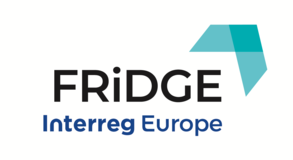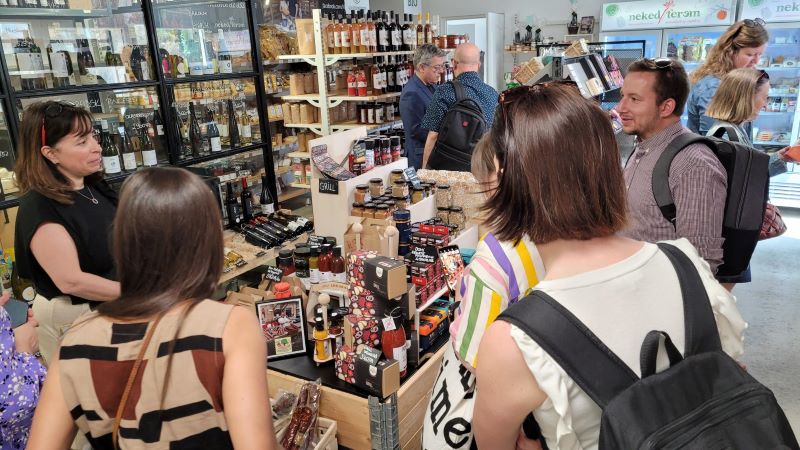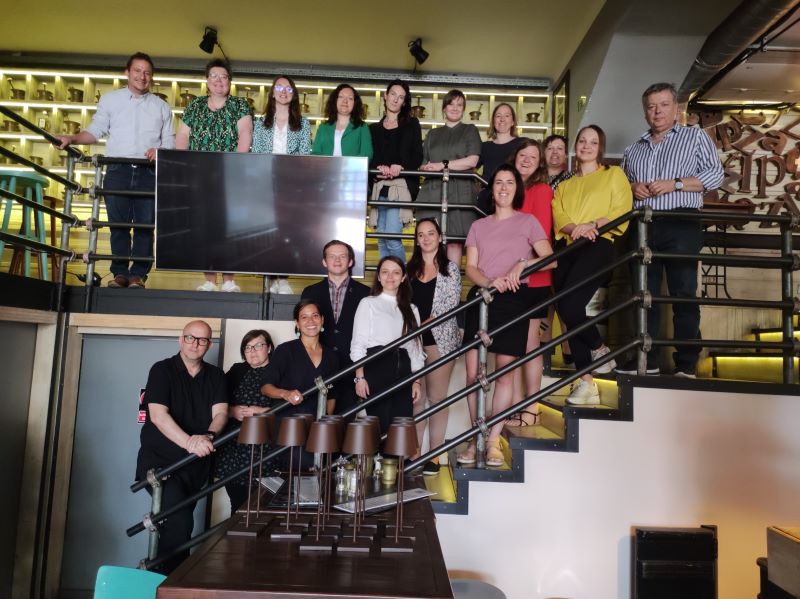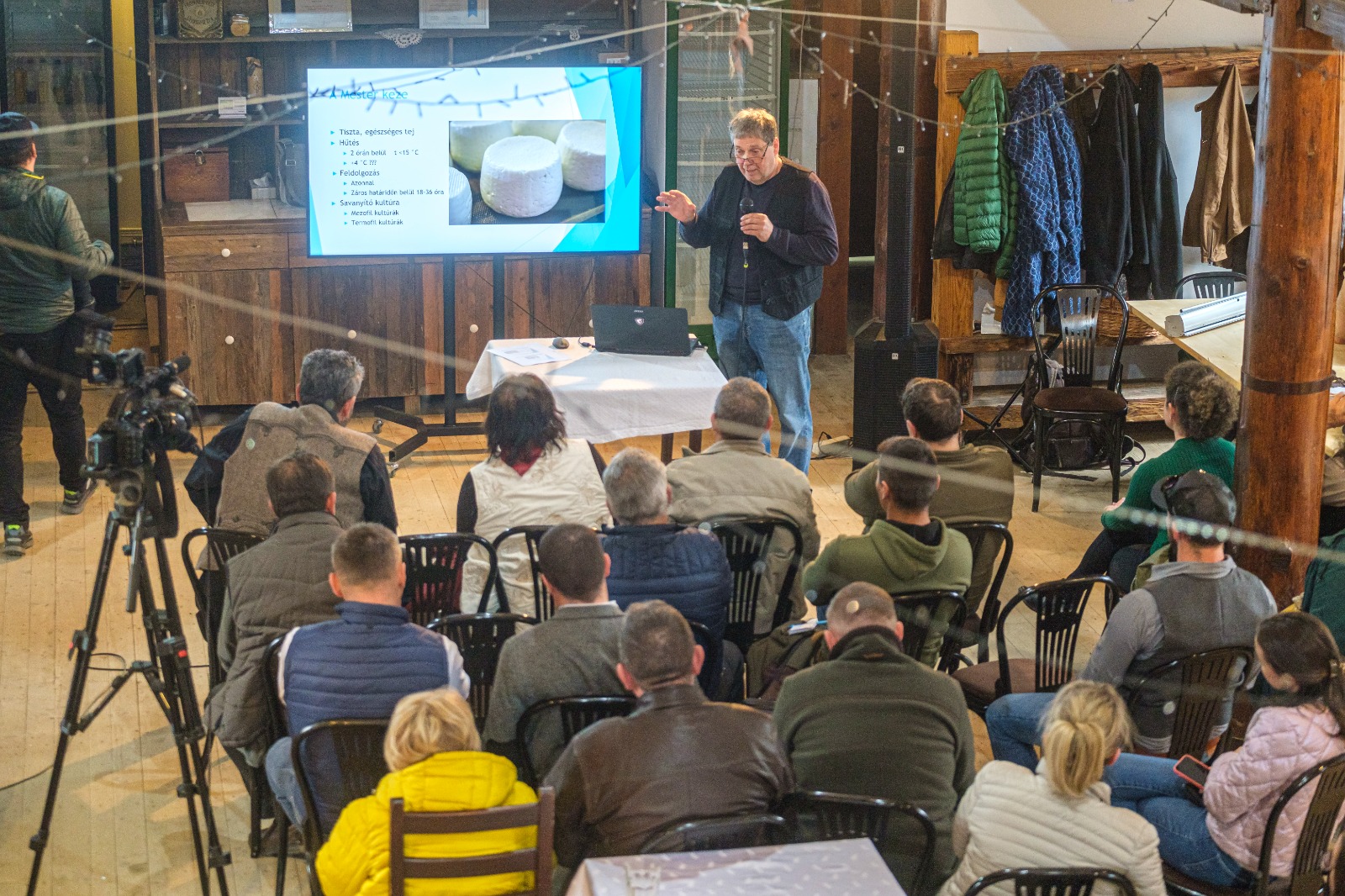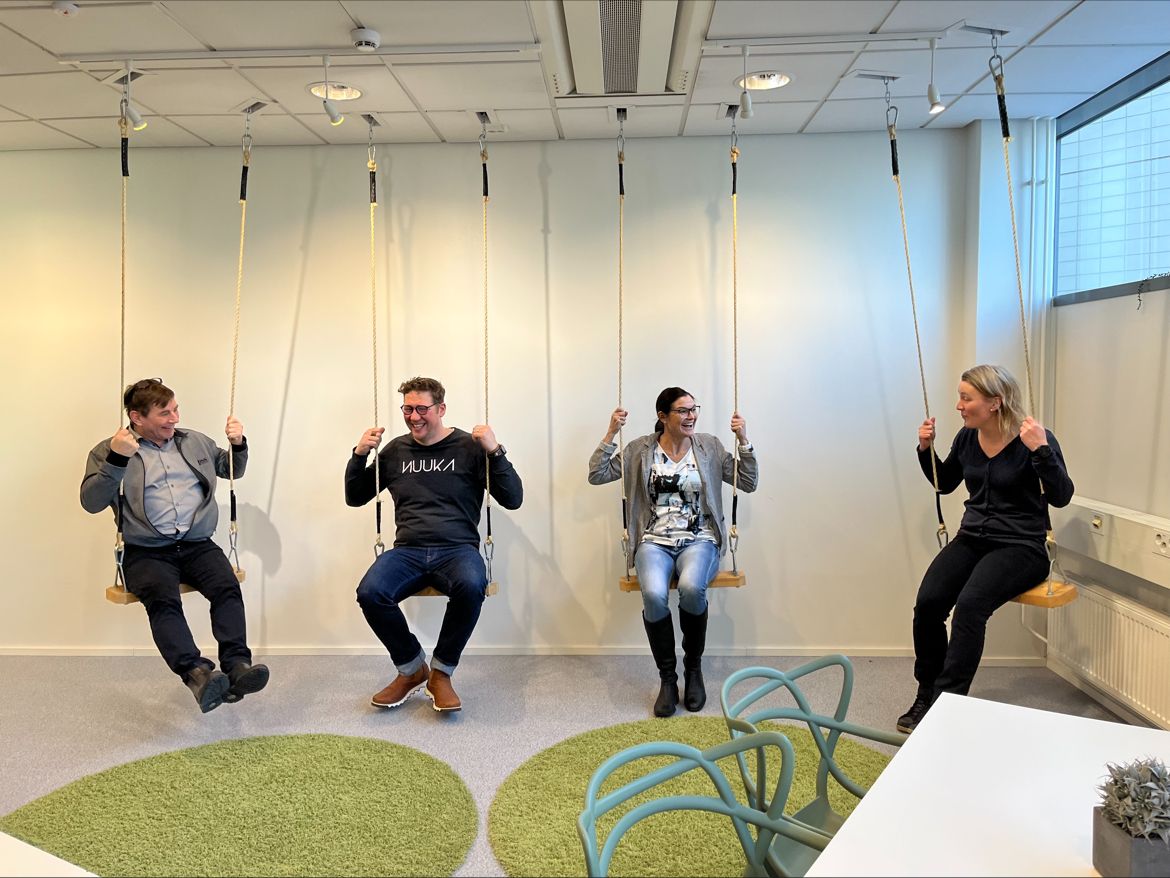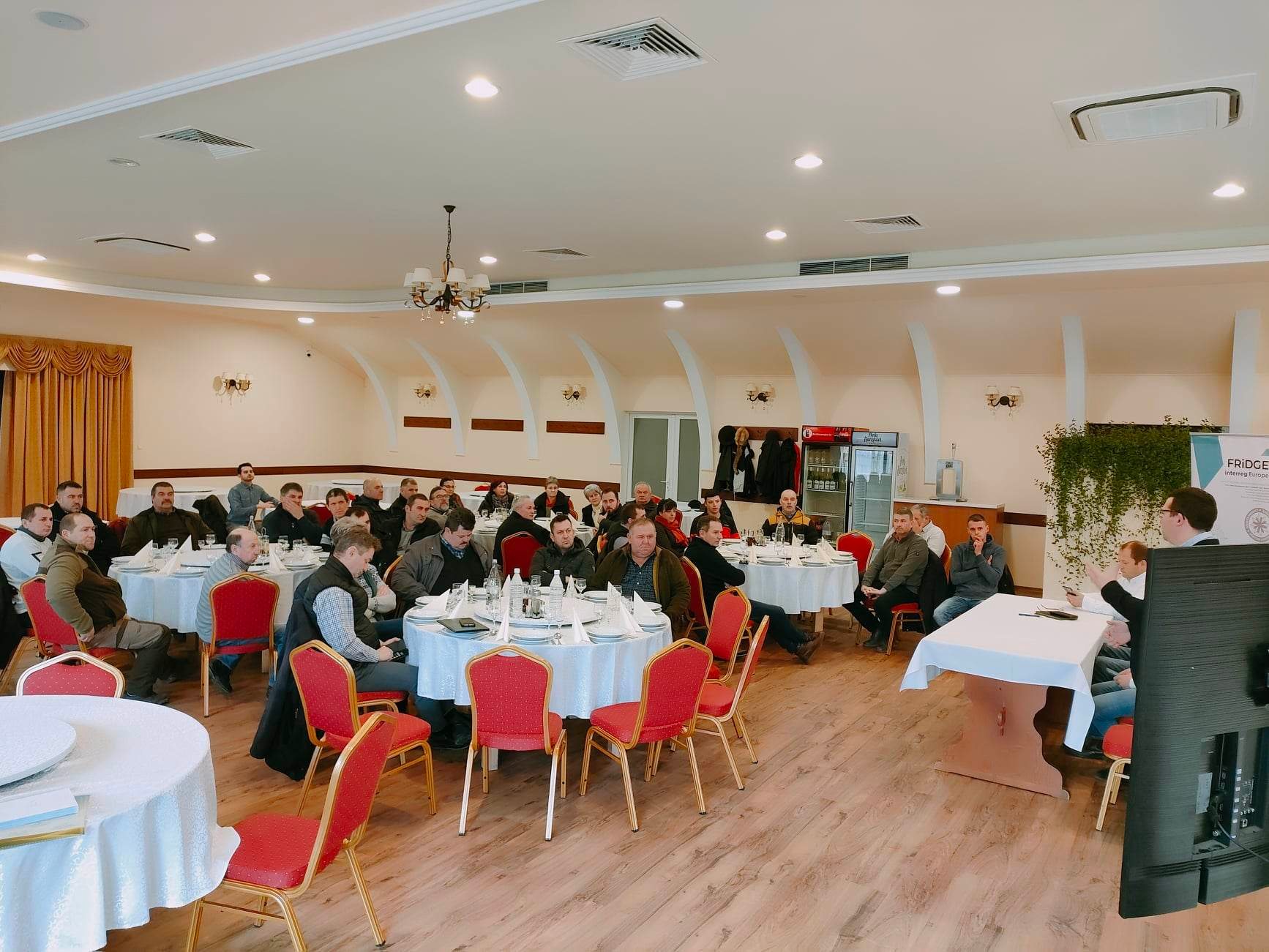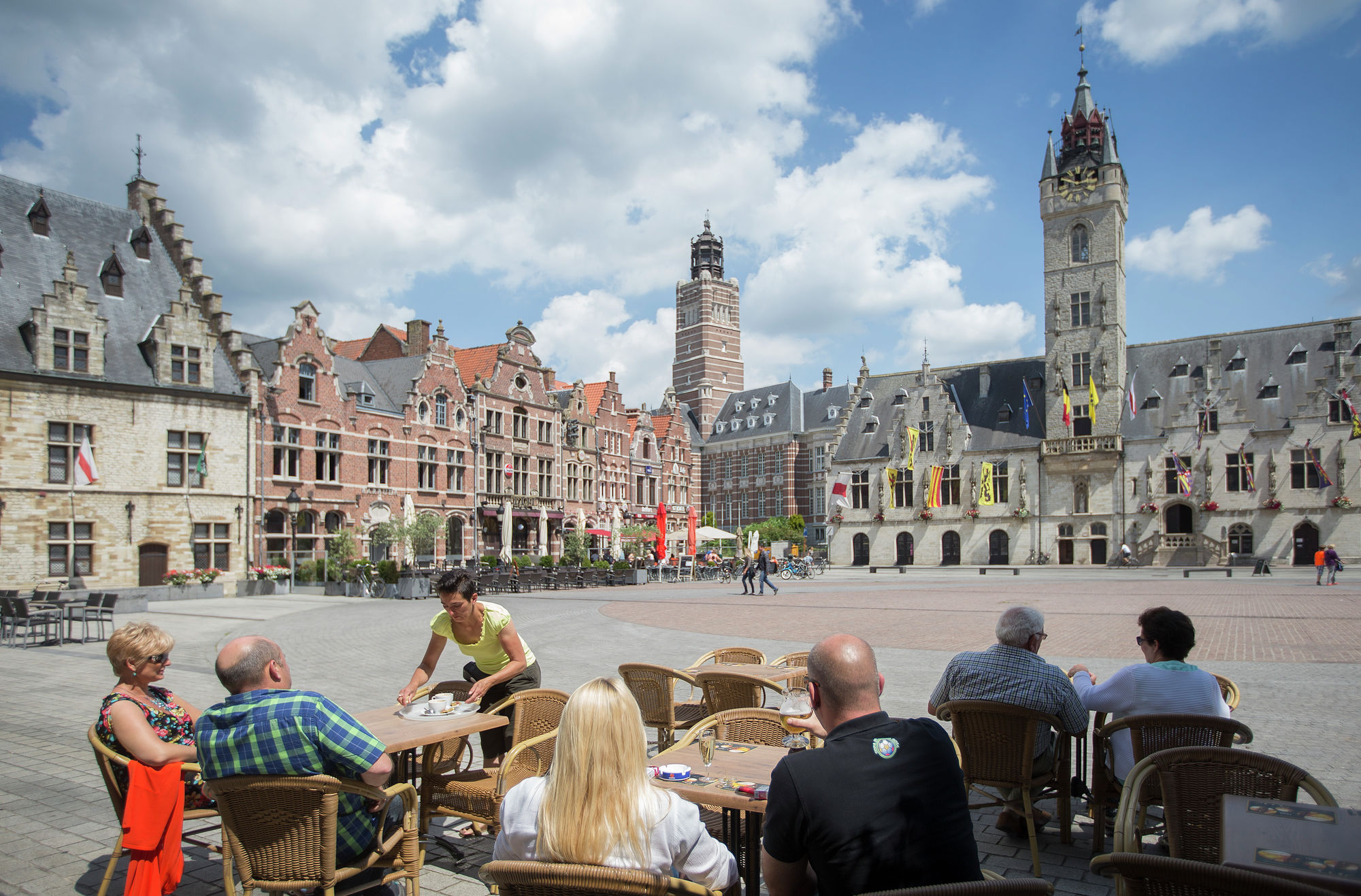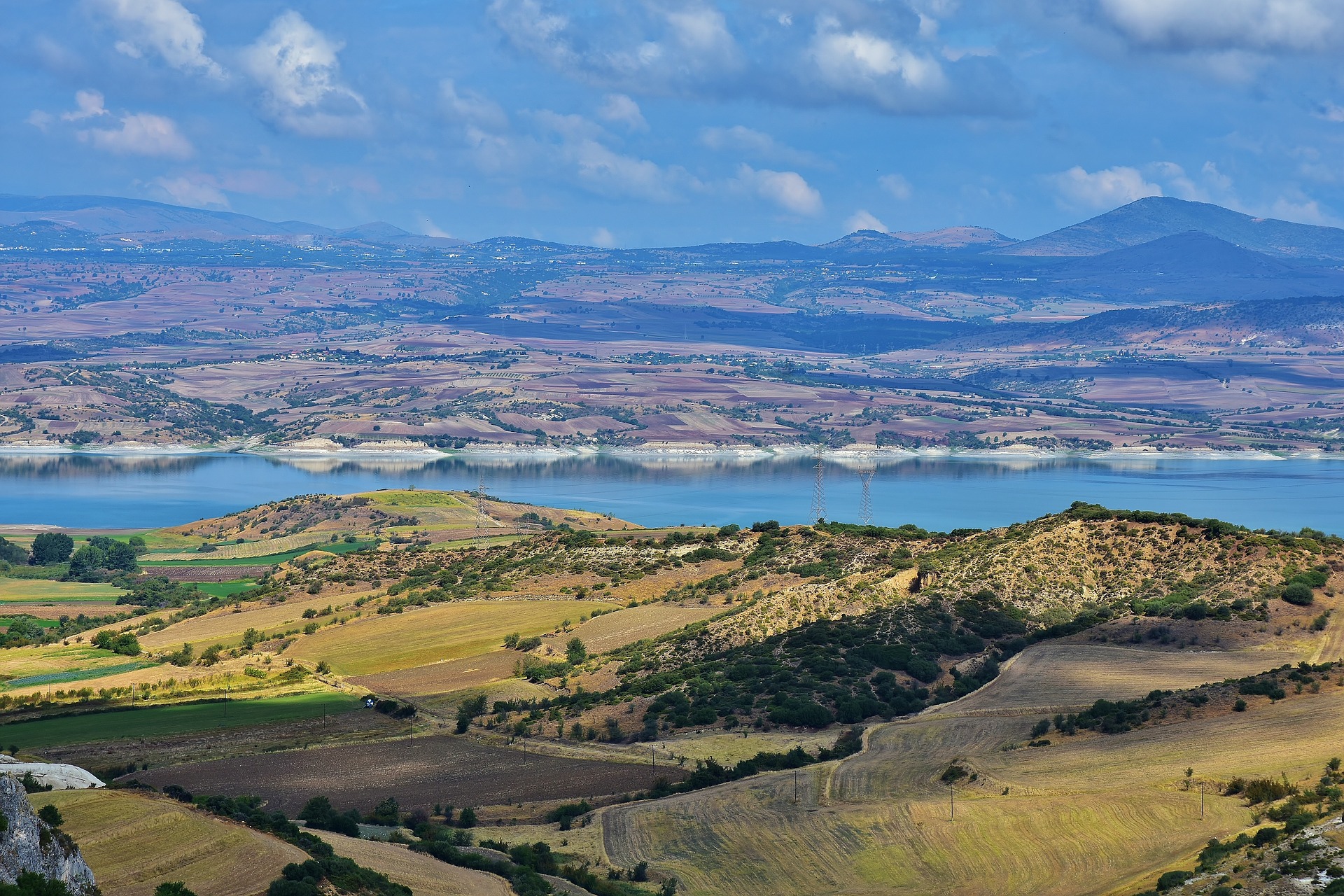Following the previous article, there is certainly a lot going on in FRIDGE regions. In this article we are sharing the greetings from the last, but not least, three partner regions: South Ostrobothnia, East-Flanders and Western Macedonia. So hop on and enjoy the reading!
Greetings from South Ostrobothnia
The past six months have been active in South Ostrobothnia and we have accomplished many tasks taking us further in the project. Firstly, we had a fruitful stakeholder meeting in December where we discussed the identified Good Practices. We see there is a lot a learn from other regions.
At the moment, there is also a lot going on with our Food Province label and strategy development and we are sure the practices from other regions, such as the Tasteful East-Flanders and Food Cluster Bavaria, can offer new insights for this work.
In January we have also taken our first steps with the action plan process by selecting the external expert to help us with the process. The selected expert will be Seinäjoki University of Applied Sciences and their skilled staff at the Faculty of Food. In general we are eager to start the action plan process, as we already have great ideas for actions.
Greetings from East-Flanders
Like the rest of the partners, the semester has been fruitful in East-Flanders too. The Economic Council of East Flanders got some interesting insights from the 3rd Joint Workshop organised in November. The Bavarian Trilogy of Platform project was of great value and we would be glad to visit Bavaria to see how this actually works and learn how to implement this in East-Flanders, because it might also be interesting for our region to have a better connection between producers, consumers, catering facilities, farmers and processors.
Secondly, we are very satisfied with the results of the SME survey, created by University of Ghent. The survey wanted to map the specific regional challenges in order to better understand the demand of capacity development and government support, and will certainly be important in the creation of our action plan.
In fall we also welcomed a new project project coordinator on board as Ms. Sarah Levecque started to work for the project.
Greetings from Western Macedonia
Despite the pandemic, we at University of Western Macedonia have been able to carry out many activities during this semester. One of our highlights was the online stakeholder meeting where also Mr. Georgios Amanatidis, member of the Greek parliament took part in and was introduced to the project. Mr. Amanatidis stated that he will closely monitor the issue of the enhancement of the region’s food and beverages SMEs, since agrifood sector in the region has very good prospects for further development.
The second highlight of our semester was the Joint Workshop where Agrifood Partnership of Western Macedonia was presented. The partnership is a civic non-profit-making organization that was established to support agri-food products of Western Macedonia.
During the workshop, the President of the Agrifood Partnership, Mrs. Dadamogia Katerina, presented the objectives and the actions of the organization, explained why the Agrifood Partnership is important for the development of the region’s agrifood sector and answered the partners' questions. Her presence and active participation are considered important and supportive for the project team as well as for the FRiDGE project.
Thirdly, we have had some great exporting news, as the first official export of packaged Krokos Kozanis to China came true after its delivery in August 2020. Krokos Kozanis, the Greek saffron, is a rare aromatic and medicinal plant that is cultivated exclusively in Kozani area and is a product of Protected Designation of Origin (PDO).
 Krokos Kozanis, the Greek Safron, has made its way to the Chinese markets.
Krokos Kozanis, the Greek Safron, has made its way to the Chinese markets.
After lengthy bureaucratic procedures, because of specialized control of Chinese export state mechanisms which were further strengthened due to Covid-19, Krokos is now found in some specialty grocery stores in China. Τhe quantity exported, is quite small and is initially exported in a pilot stage in order to control all the stages of the supply chain in China.
So after hard work, a vision of the Krokos producers, to see their product travel to international markets, becomes reality. The constant aim of the producers’ cooperative is to gain a market share in China but also in other Asian countries!
Towards the fourth semester
During the next semester partners will continue the interregional cooperation and exchange of experiences by working on two additional topics: investments in machinery and new capacities and boosting productivity.
The partnership will also take more actions towards the creation of action plans. The action plans are important on the way to implement policy changes in our regions based on the lessons learnt and exchange of experiences.
Let's keep up the good work!
